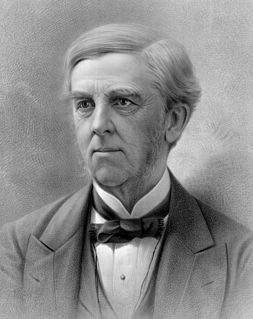A Quote by Richard Whately
One way in which fools succeed where wise men fail is that through ignorance of the danger they sometimes go coolly about a hazardous business.
Related Quotes
It is ignorance that is at times incomprehensible to the wise; for instance, he may not see 'the positive person' or 'the negative person' in a black and white way as many people do. A wise man may not understand it because, as a catalyst of wisdom, but not wise in his own eyes, even he can learn from and give back to fools. To think that an individual has absolutely nothing to offer to the table is counter-intuitively what the wise man considers to be 'the ignorance of hopelessness'.
There is what might be called a Catch-22 of hazardous occupations: The more hazardous the job, the more men; the more men, the less we care about making the job safer. The Catch-22 of hazardous occupations creates a 'glass cellar' which few women wish to enter. Women are alienated not just out of the fear of being hurt on the job, but by an atmosphere that can make a hazardous job more hazardous than it needs to be.
Knowledge has two extremes. The first is the pure natural ignorance in which all men find themselves at birth. The other extreme is that reached by great minds, who, having run through all that men can know, find they know nothing, and come back again to that same natural ignorance from which they set out; this is a learned ignorance which is conscious of itself.




































